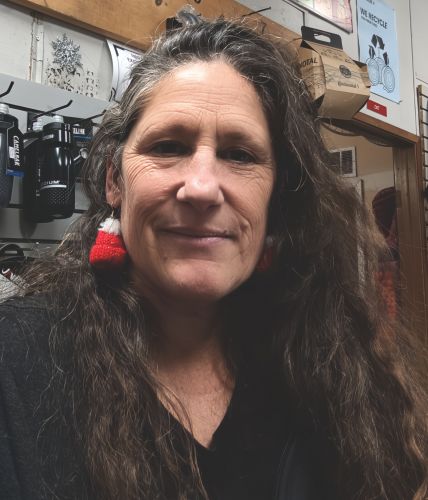A version of this feature ran in the July issue of BRAIN.
BOULDER, Colo. (BRAIN) — For our July magazine edition, we asked our State of Retail panel members: How would you describe relations with key suppliers and sales reps, and what supplier actions have most impacted your shop’s success?
MONTCLAIR, N.J.: Dave Adornato, owner Montclair Bikery
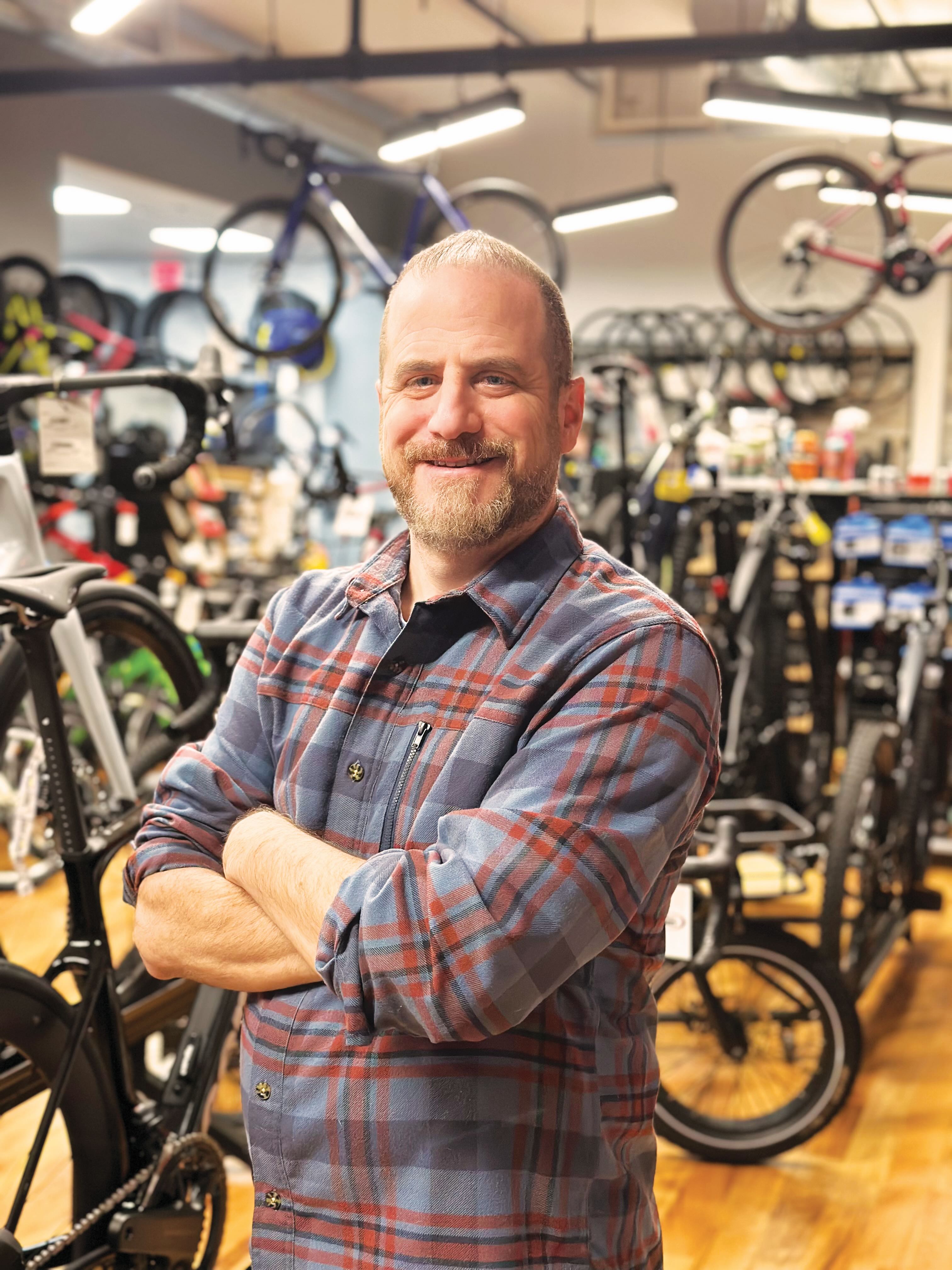
Our supplier relations feel like a mix of working together and being subject to policies that hinder our success. One example is margins for online purchases sent to stores not matching the margins of in-store purchases. Suppliers lack understanding about the challenges of running a retail bicycle shop in general. A great sales rep can enhance the relationship between the supplier and the IBD. I've had great reps that have helped grow my business and by association grow the brand within the store, and I've had some reps who felt the need to strong arm. Those reps never last too long.
HARDWICK, Vt.: Jason Bahner, co-owner Riverside Cycles
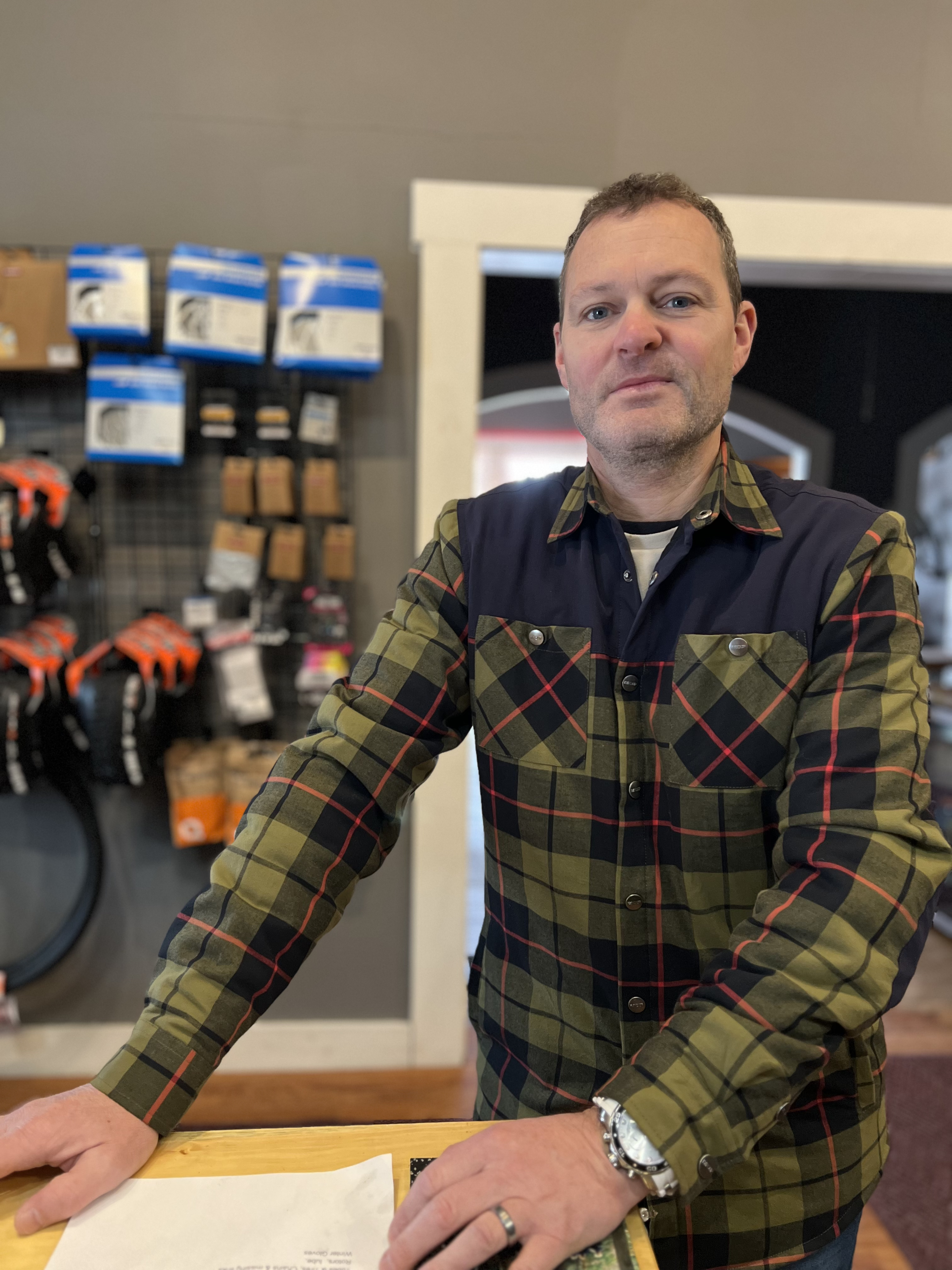
It feels like our suppliers and we have mutual best interests and that we’re invested in each other's success. As a newer shop, we are still building relationships with our suppliers but have not experienced anything that’s hindered our success. When brands cross reference our shop (such as "buy ‘x’ at Riverside Cycles"), the local word of mouth really supports that. If we don't succeed as a shop and our suppliers don't support us and work with us, then they ultimately feel the impact, too. We sell — they sell!
WHEAT RIDGE, Colo.: Enric Die-Girbau, operations manager Rhythm Cycles

Some suppliers connect with us in-person, sharing knowledge and profits, explaining policies, and providing directional updates. Other suppliers are withdrawn, rarely providing updates or showing accurate B2B inventory and regularly changing policies without explanation. In the past year, we've experienced: severe delays delivering program orders on bikes; launching a new bike model with no marketing effort behind it; brand reps literally disappearing into the ether; brands discounting product on pre-order and then discounting it below the pre-order price; and suppliers indicating their inventory is less available than it actually is to create a sense of scarcity.
Marin Bikes is an example of a supplier that truly helps our business. It regularly communicates about the brand and strategy at our shop and gives us access to demo bikes, flexibility in due dates, and back-credits for price adjustments it has made. Also, it runs a direct-to-consumer margin share program that allows us to actually connect with and share the customers that Marin found online.
A good sales rep makes a huge difference by knowing our store and our approach and by helping us navigate industry and supplier changes. Out of 30 or so reps that are associated with us, we only hear from a small handful on a regular basis. I’d like to give a special shoutout to Bob Daniels (JBI), Brad Iskiyan (formerly SRAM), Derek Anderson (formerly Fox), and Billy Jackson (Marin Bikes). You are appreciated.
COSTA MESA, Calif.: Lisa Fleischaker, owner The Unlikely Cyclist

We appreciate a good sales rep to keep us on top of new products and to have face-to-face meetings with. Employees at bike companies are few and far between these days and reps help to bridge the gap. We love that Cervelo does not have a direct-to-consumer model, and we hope it continues. It is fair with sales and treats even small dealers with respect.
Lack of enforcement of minimum advertised price (MAP) and sales on Amazon are really where things are most frustrating. When I can buy tires on Amazon for pricing that is cheaper than wholesale, something in the system is broken. Soft goods are another area that has been tough for us as a shop. When manufacturers sell direct to consumers at wholesale prices but ask bike shops to purchase quantities and on program, there is a problem. Another problem is suppliers shipping bikes to consumers with no shipping charge, but charging shops exorbitant rates to special order that same bike.
BOULDER, Colo.: Diana Freeman, owner/founder Cassiopeia
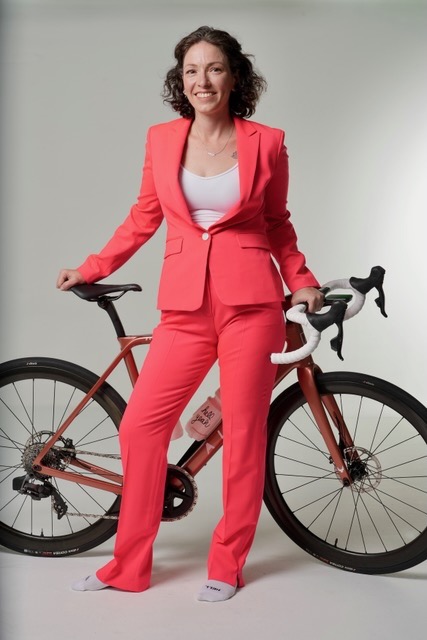
The days of transactional relationships between retailers and vendors should be over. The entire industry has too many headwinds for us to not collaborate and share risk to drive mutual success. Our brand partners who get this see a direct impact to the bottom line. When brands do deep discounts on their own channels, it’s completely unsustainable for brick-and-mortar.
Sometimes, it’s as simple as the basics: Make sure product launches are supported with full product data sheets and photography so we can launch at the same time. Make sure direct-to-consumer sales and promos are supported with investment for brick-and-mortar to match. Use ambassadors to drive engagement and awareness of local retail partners. Leverage D2C customer data to do geo-targeted communications on where to shop in-person. And, avoid deep discounting on their own channels.
GREENWICH, Conn.: Rob Koshar, owner Greenwich Bicycles
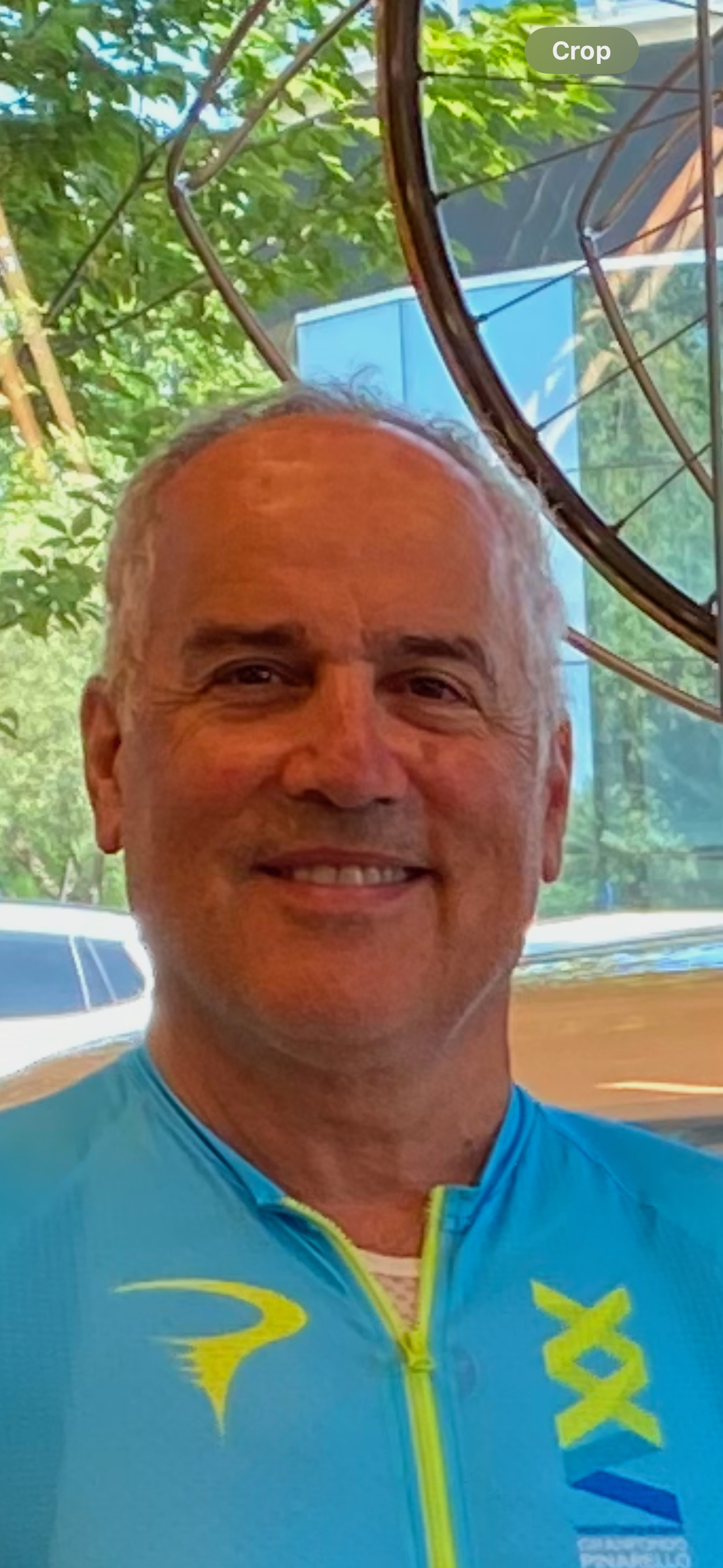
When the brands you carry sell direct to consumer, they become your competitors. This shortsighted approach decreases dealer loyalty, often leading shops to stock less of their products, especially as profit margins shrink. In contrast, brands that avoid D2C sales often earn greater dealer support. The recent end of Specialized’s segregated direct-to-consumer inventory policy suggests the balance of power may be shifting back to dealers. Ultimately, when brands direct consumers to your business through their marketing and dealer locator, they are working with you to promote their brand and your business. Additionally, brands’ outside sales reps are an important bridge between dealers and suppliers. They can get things done for the dealer, advocate for the dealer internally, and provide valuable information about product and promotion.
BELLINGHAM, Wash.: Staci May, co-owner Earl’s Bike Shop
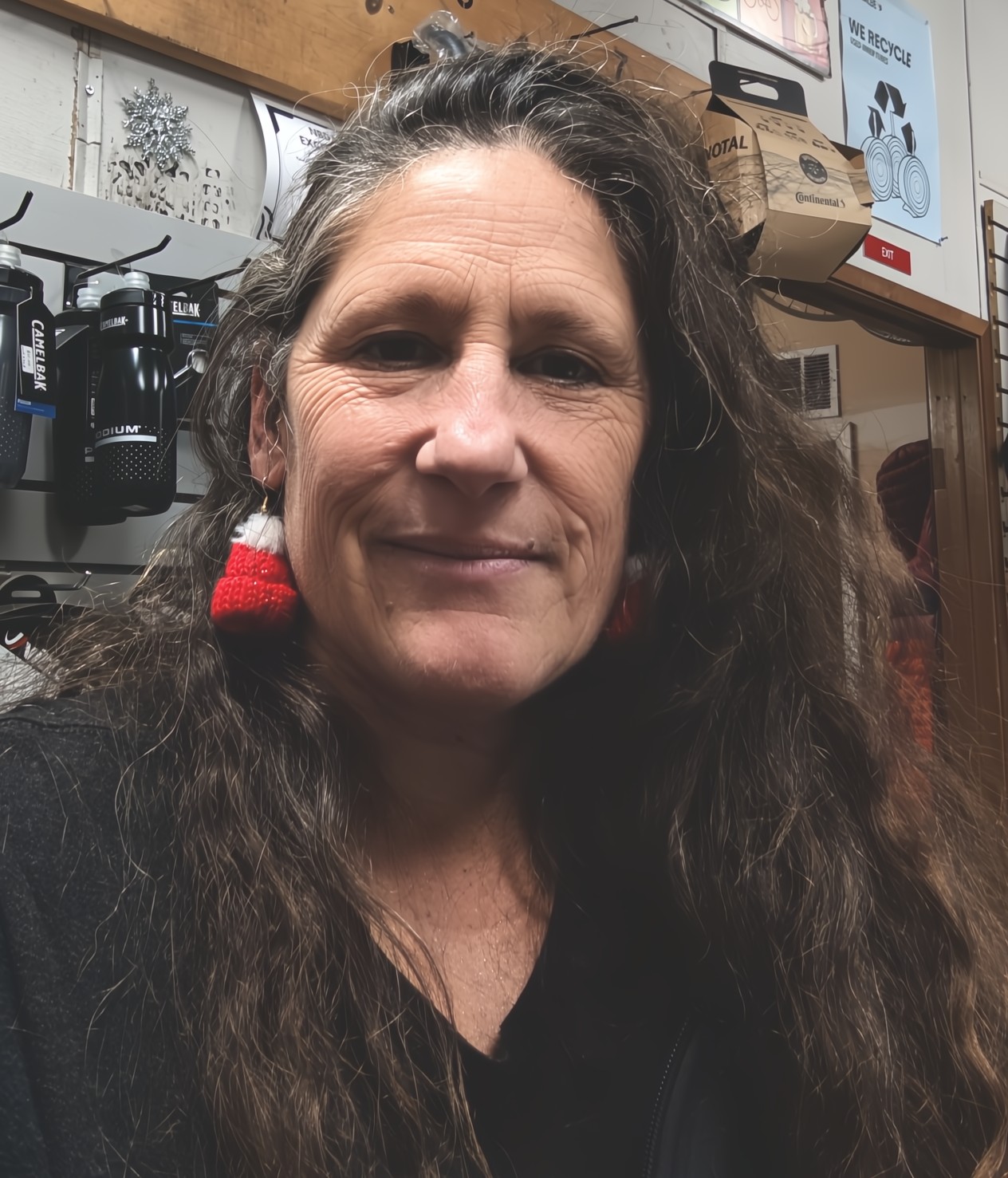
For the most part, I think our suppliers are trying to be the best partners they can. There is some transparency from most of our suppliers about the impacts of global economic and trade issues. We are getting emails with what feel like warnings of what is to come. The current administration is making being a small business really hard. Sometimes, we can just ignore what's happening, but in the long run, it doesn't seem to matter what we think or how any decision affects anyone in the moment. Our outside sales reps, and our relationships with them, are becoming more important. As a small shop, we have to lean on them to help us make our suppliers understand where we are coming from.
MIAMISBURG, Ohio: Sandy Whitman Talley, owner Whitman’s Bike Way Bike Shop

I'm proud of the relationships we've built with our key vendors. I take the approach of being transparent with my concerns in a kind manner. For the most part, it feels like we’re invested in each other's success. Some examples are: purchases started online that can be completed within the brick-and-mortar stores seamlessly, profit sharing for these types of sales, and promoting proper bicycle assembly and safety. We also appreciate our suppliers’ support in marketing products via social media, running Promoboxx ads, and providing good technical support. It’s beneficial to have folks that can help diagnose a problem quickly. Some practices that hinder our business are continual price fluctuations and frequent direct-to-consumer discounts. We want suppliers to support us with local kickbacks and by encouraging pro assembly for a better customer experience. Strong relationships matter and regular communication builds trust. We will support brands that support us.
SAN FRANCISCO: Brett Thurber & Karen Wiener, owners The New Wheel

Overall, we’re very pleased with most of our brand partnerships and make a concerted effort to align our business with brands whose models are sustainable for us in the long term. One of the most powerful advantages a premium brand can have is a strong presence in brick-and-mortar shops — where customers can see, touch, and test real products, supported by a knowledgeable staff who acts as enthusiastic ambassadors. That kind of real-world experience builds trust and drives conversions, but it’s also costly for dealers to deliver regularly.
We have had one brand completely change its margin structure at the height of our success together. This broke trust, which is absolutely essential for a collaborative and successful relationship. Our business together has subsequently dropped precipitously. Across the board, product quality, bike build time, and reimbursement for warranty work is not where it should be. We spend too much time fixing products’ manufacturing defects, and we are often not compensated for this time. This needs to change.
If brands want to win in this environment, they need to invest in the frontline experience, not only through solid dealer margins, but by sharing a portion of online sales with the shops supporting them in each territory and granting strong dealership exclusivity territories. Turning showrooming into a good business creates a virtuous cycle: stronger dealer support, better on-the-ground retail, and ultimately a more competitive and premium brand presence.

